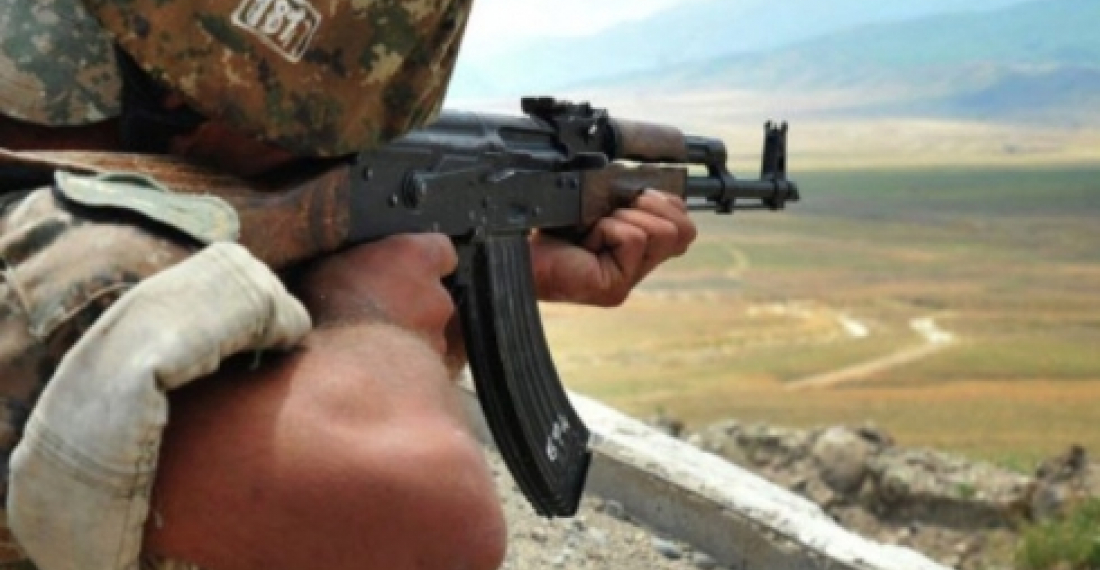Согласно сообщениям в СМИ Армении со ссылкой на Министерство обороны самопровозглашенной Нагорно-Карабахской Республики (НКР), при выполнении боевого задания 19 марта в одной из воинских частей в северном направлении линии соприкосновения, разделяющей армянские и азербайджанские силы в зоне нагорно-карабахского конфликта, был застрелен 20-летний военнослужащий Арман Гукасян.
Президент НКР Бако Саакян в среду подписал указ о награждении посмертно медалью "За боевые заслуги" Армана Гукасяна «за храбрость, проявленную при защите государственной границы", сообщает пресс-служба президента.
Между тем, по сообщениям СМИ, еще один армянский офицер был ранен во время инцидента, который имел место в Мартакерте. Офицер был доставлен в больницу Степанакерта, где ему была сделана операция и в настоящее время, как сообщается, он находится в стабильном состоянии.
Пока еще не было никаких прямых комментариев по поводу инцидентов с азербайджанской стороны, но в среду азербайджанские СМИ со ссылкой на Министерство обороны Азербайджана сообщили, что "подразделения вооруженных сил Армении 18 марта и в ночь на 19 марта с позиций, расположенных близ сел Гарагашлы, Баш Гярвянд Агдамского района, сел Гараханбейли, Горадиз, Ашагы Вейселли Физулинского района, на безымянных высотах на территориях Геранбойского и Ходжавендского районов обстреляли позиции Вооруженных сил Азербайджана." Как сообщили в пресс-службе Министерства обороны, вражеский обстрел был подавлен ответным огнем.
источник: commonspace.eu по материлам агентств.
В зоне карабахского конфликта убит один солдат ВС Армении, еще один ранен. Обстоятельства инцидента пока не ясны.
В зоне карабахского конфликта убит один солдат ВС Армении, еще один ранен. Обстоятельства инцидента пока не ясны.






